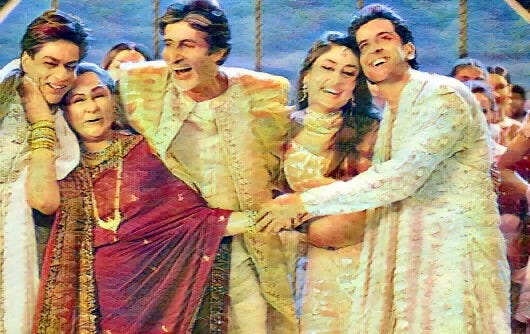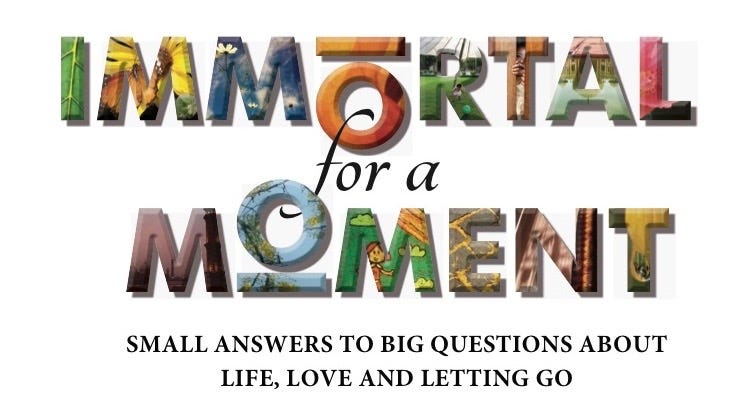Hai Bechari! and other bewildering terms of endearment
It could be that my train was delayed by a few hours or that I got only two gulab jamuns when everyone else got three. “Hai bechari,” a kind-hearted relative will say in response.
I’ll start from my village home in east Uttar Pradesh. It is a new morning. People in the extended household wake up and meet each other in the common sitting area. I am the visiting city-slicker trying to catch on to the nuances of inter-personal communication in these parts.
An older person says to the younger person, “You have woken up? Tum uth gaye?”
I am perplexed by the accusatory tone. It is obvious that each one of us who has come out of bed and is either reading the newspaper, checking their phone for a mobile signal or arranging biscuits in a plate in anticipation of tea has actually completed the preliminary act of waking up. Is this a rhetorical question? Does it deserve a yes/no answer? I find out that the correct answer is neither of these conjectures.
“I’ve been awake for ages!” The younger person sounds slightly offended, but then adds, “You are the one who was snoring when I woke up.”
“I didn’t sleep a wink all night,” the older person says, the tone laden with a dollop of outrage, topped with a cherry of self-pity.
This is not a one-off conversation but a template for morning greetings. People say the most obvious things to each other all day. A guest will arrive unexpectedly and say, “You are home?” The host will reply, “What do you mean? I am always home.” Both will sound mildly insulted as they settle down for snacks and gossip.
My husband often tells me that I mustn’t take everyone’s words literally. I stay quiet and curious and make notes on social niceties. A word that comes up casually and always puzzles me is bechara. “Hai bechara,” say well-meaning relatives in response to a variety of situations. “You poor thing!”
It could be that my train was delayed by a few hours or that I got only two gulab jamuns when everyone else got three. It could be that a concerned elder has discovered that a child now wears prescription glasses. It could be that I have had a health check, been declared fit and advised regular exercise. “Hai bechari,” a kind-hearted relative will say in response.
I tend to respond to the “you poor thing” comment with a quick disclaimer that it isn’t a big deal, I am not really inconvenienced and they needn’t feel sorry for me. I am not a bechara, I am a big fat privileged person. Most of the times my concerned relatives are taken aback. They look at me with dissonance on their faces. I feel equally disconcerted.
My husband tries to explain this code to me. “It is their love language, Natasha,” he says to me. “Accept it with grace.”
“But I am not in trouble,” I say. “I don’t feel like a bechara. I don’t want them to misunderstand.”
“Note this in your diary,” he says, pointing towards the notes app in my phone. “When we want to say I love you to someone, we say, hai bechara. I feel so sorry for you.”
“You mean treating each other like little victims is our way of making the other feel special?” I ask.
“Umm, you are being literal again,” he says. I am baffled but comply with his instructions. I do want to get a hang of the rules of social engagement, however contrary they seem.
Another setting in which we say one thing but mean something completely different is when we host each other over meals. Relatives will call to ask what you like to eat and then proceed to cook exactly what they want to eat. Once we are together, you can express your preference as much as you want, but they will be offended if you don’t eat what they want to see you eating.
As an Indian with an under-developed palate for traditional cooking that relies on the dubious magic of masalas deep-fried in nutritious fats, I often choose the lightest preparations from feasts. I enjoy salads, rice and yellow daal as much as everyone else loves their mutton biryani and kofta dishes. Unfortunately, this doesn’t go down too well with relatives who want to test my true feelings for them by showing them how much I can consume of what they load onto my plate. As usual, I look towards my husband for help and if I can find some alone time with him, transfer the goodies from my plate to his.
“I bet she never has a bad stomach,” one of my aunts said as we huddled around a round table at a wedding after filling up our plates from the buffet spread. She was looking at my neat plate and sounded like she was complaining.
“Maasi!” I said. “It is because I am afraid of upsetting my stomach that I am avoiding the rich gravy here.”
“Liar,” she said. “You are dieting. You people are too fashion conscious. Just see how weak you have become.”
My eyes became big like dinner plates, but luckily I caught my husband’s eye in time. “This is the purpose of relatives,” he reminded me. “To test you once in a while.”
“If you are healthy, they call you weak. If you are overweight, they call you healthy. What’s going on with our ristedaars?”
“Tell Maasi you love her. Just try it,” he said. “Maasi, meri jaan,” I said. “I love you. Especially in this shimmering saree.”
“Hai bechari,” said Maasi, as her face broke up in a wide grin. I gave her a hug because I knew she only meant it as a term of endearment.
A shorter version of this essay was first published here in The Tribune






This was a delightful read! No place like (back) home or the love we find there. It fills in the missing gaps we don’t know existed.
LOVE this one, Natasha. Understanding and navigating our way through languages of love is such a learnt skill. That you keep learning zindagi bhar!